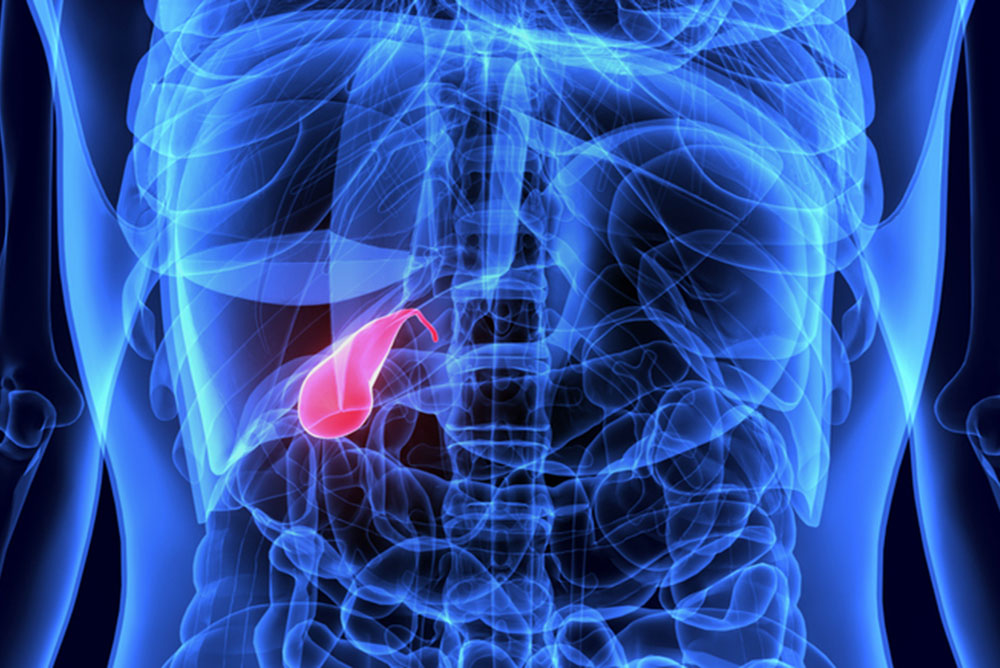Taking Charge of Gallbladder Health: Exploring Treatment and Prevention
The gallbladder is a small organ located beneath the liver that aids in fat digestion by storing and releasing bile. However, gallbladder problems can cause discomfort and health complications. In this blog post, we’ll look at treatment and prevention strategies for keeping your gallbladder healthy. Individuals can take charge of their gallbladder health and make informed decisions about their well-being by understanding these aspects.
Understanding Gallbladder Issues:
Gallbladder problems are frequently caused by the formation of gallstones, which are hardened deposits that can clog the bile ducts. This can lead to conditions such as cholecystitis (gallbladder inflammation), cholelithiasis (gallstones), or biliary colic (gallstone-related pain). Obesity, a high-fat diet, rapid weight loss, and certain medical conditions all contribute to gallbladder problems.
Treatment Options for Gallbladder Issues:
Lifestyle Changes:
In the case of mild gallbladder problems, lifestyle changes can be effective. Adopting a low-fat diet, increasing physical activity, managing weight, and avoiding rapid weight loss are examples of these changes. These measures can help relieve symptoms and prevent gallstone formation.
Medications:
Certain medications can be prescribed to dissolve gallstones or relieve symptoms related to gallbladder problems. Ursodeoxycholic acid is a common medication used to help dissolve cholesterol-based gallstones. This treatment option, however, may not be appropriate for everyone, and its effectiveness varies.
Surgical Interventions:
Surgical interventions are frequently recommended for severe gallbladder problems or recurring gallstone-related complications. The gallbladder is removed during cholecystectomy, which is the most common surgical intervention. Cholecystectomy can be performed either openly or using minimally invasive laparoscopic techniques. The advantages of laparoscopic cholecystectomy include smaller incisions, a shorter recovery time, and less post-operative pain.
Prevention Strategies for Gallbladder Health:
Maintain a Healthy Diet:
Eating a diet high in fruits, vegetables, whole grains, and lean proteins while limiting high-fat and processed foods can help your gallbladder. Increasing fiber intake and staying hydrated can also help prevent gallstone formation.
Manage Weight:
Maintaining a healthy weight is critical for gallbladder health. Obesity is a significant risk factor for the formation of gallstones. Individuals can reduce their risk of gallbladder problems by engaging in regular physical activity and making long-term lifestyle changes.
Gradual Weight Loss:
If weight loss is required, it is critical to do so gradually and in a healthy manner. Rapid weight loss can increase your chances of developing gallstones. Aim for 1-2 pounds of weight loss per week through a combination of dietary changes and exercise.
Be Wary of Medications:
Certain medications, such as hormone replacement therapy or cholesterol-lowering drugs, have been linked to an increased risk of gallstones. Consult your healthcare provider about the potential risks and benefits of these medications, and if necessary, discuss alternative options.
Regular Physical Activity:
Exercising on a regular basis not only improves overall health but also lowers the risk of gallbladder problems. Aim for 150 minutes of moderate-intensity aerobic exercise per week or 75 minutes of vigorous exercise.
Summary:
To summarise, taking charge of gallbladder health is critical for overall health. Individuals can make informed decisions and actively work towards preventing gallbladder issues or managing existing conditions by understanding the treatment options and prevention strategies discussed in this blog post.
A healthy diet, regular exercise, and weight management are all important factors in preventing gallstone formation and maintaining gallbladder health. Including these habits in your daily routine can significantly lower your risk of gallbladder problems.
In cases where gallbladder issues arise, various treatment options are available, ranging from lifestyle modifications and medication to surgical interventions like cholecystectomy. Consulting with healthcare professionals, such as those at the Pune Institute of Neurology, can provide personalized guidance and ensure appropriate management of gallbladder conditions.
Remember, individual circumstances may vary, and it’s important to seek medical advice for a comprehensive evaluation and personalized treatment plan. By taking a proactive approach to gallbladder health, individuals can minimize the impact of gallbladder issues and enjoy a healthier and more fulfilling life.

